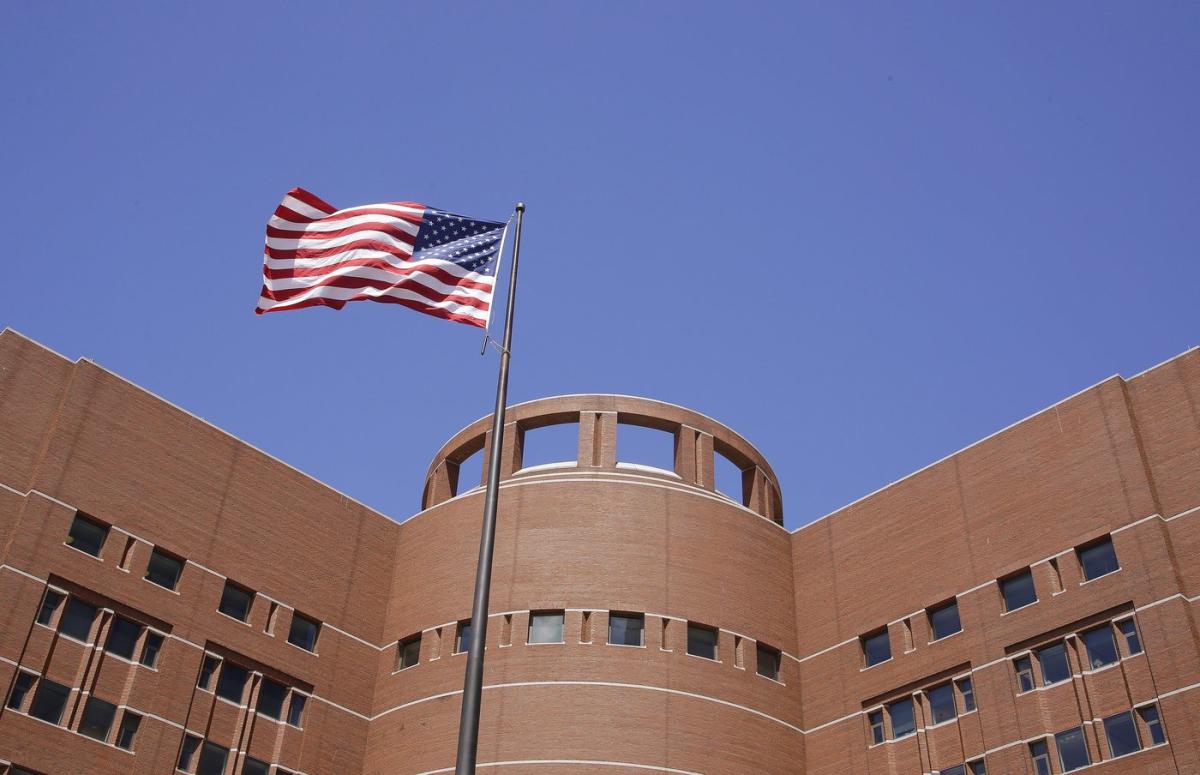


BOSTON (AP) — Two men have been charged with illegal smuggling and conspiring to violate export controls by selling equipment to Russia’s nuclear energy industry, the U.S. Attorney’s office in Boston said Monday.
Sam Bhambhani, 55, of North Attleboro, Mass., and Maxim Teslenko, 35, of Moscow, were each indicted on one count of smuggling and one count of conspiracy to violate and evade export controls, commit smuggling, and defraud the United States.
“This case underscores our unwavering commitment to enforcing U.S. export laws and safeguarding national security,” Acting United States Attorney Joshua Levy said in a statement. “The defendants are alleged to have engaged in a sophisticated scheme to evade export controls, deceiving the government about the true destination of sensitive technology and putting critical national interests at risk.”
Cases like the one involving Bhambhani and Teslenko are relatively common. In January, a Kansas businessman pleaded guilty to illegally exporting sensitive aviation technology to Russian companies in violation of U.S. sanctions. Two years ago, the Biden administration announced a series of criminal charges and sanctions related to a complicated scheme to procure military technologies from U.S. manufacturers and illegally supply them to Russia for its war in Ukraine.
From 2015 to 2021, prosecutors alleged that Bhambhani and Teslenko conspired to export laser welding machines to the Ural Electromechanical Plant, or UEMZ, in Yekaterinburg, Russia. The export documents were allegedly falsified to conceal the fact that the equipment was going to UEMZ.
UEMZ is a subsidiary of Rosatom, a Russian state corporation that oversaw the country’s civilian and military nuclear program.
No one answered at a phone number listed for Bhambhani and it was unclear if he has a lawyer. Bhambhani was arrested Sept. 9 and released following a court appearance. Teslenko remains at large overseas.
If convicted, the pair face a sentence on the smuggling charge of up to 10 years in prison, three years supervised release and a fine of up to $250,000. The conspiracy charge carries a sentence of up to five years in prison, three years supervised release and a fine of up to $250,000.
The Associated Press